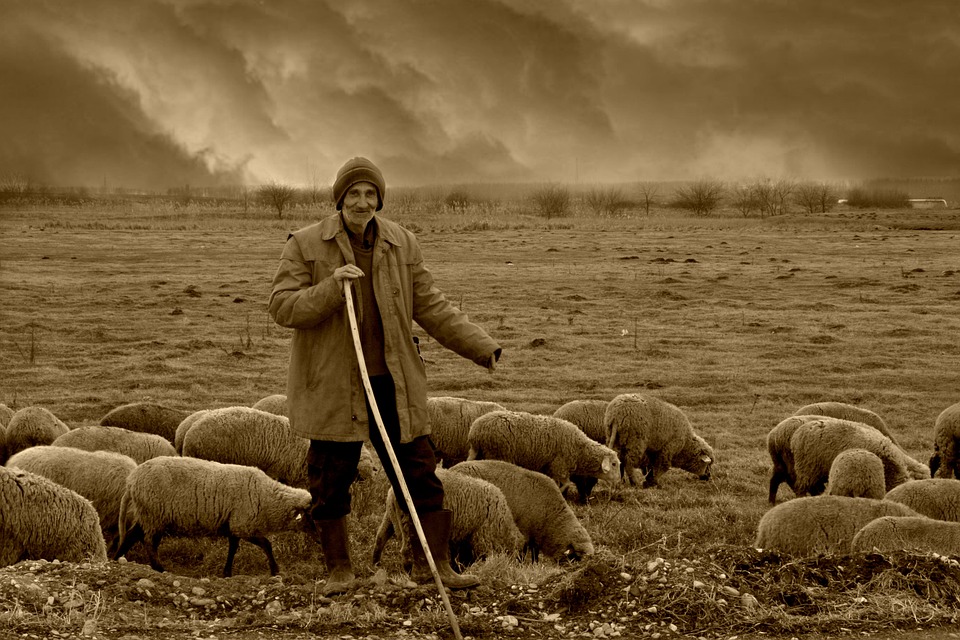In life’s toughest time, Jesus followed His Father.
In the Tanakh (aka OT), the idea of God being a shepherd is used only twice. And it’s no coincidence that both stories are written about and by shepherds – David and Jacob.
You are probably familiar with David’s story in Psalm 23. Yet, you might not be too familiar with Jacob’s story in Genesis 48.
Jacob said that God had been his shepherd his entire life. What was that life? Hard! He lied to his dad and was then forced to leave his homeland because his brother wanted to kill him. His boss changed his work contract on ten different occasions to Jacob’s loss. He was forced to run away from his wife’s family who also wanted to take his life only to meet his avenging brother and army on the way home!
Think it ends there? Nope. His beloved wife dies giving birth to her second child on this trip back. And after setting down roots, his only daughter gets raped and one of his sons was believed to be killed by ravenous wolves.
Wow, what kind of shepherd is that for crying out loud?! A sustaining one. Jacob ends his statement about this Shepherd as one who got him through, not around, all harm.
God never promised an easy life after the fall of mankind in the garden. Life on earth greatly changed in an instance as a body and land that were supposed to live forever now had been corrupted.
Simply living on this planet, therefore, brings challenges. Jacob is that example. The key, however, is where do you turn when those hardships come: yourself, your drugs of choice (see Romans 1:28-32), or your Shepherd who can get you safely through those hardships?
Jacob sought the Sustaining Shepherd. And, when he left this planet of hardships, he was surrounded by his family, grand and great grandchildren included. Life was good, not easy, but good. Why? As a sheep, Jacob followed a Sustaining Shepherd who got him safely and successfully through his time on earth.
As a sheep, who or what will you practice following in 2024? Hopefully it is Jesus, the Sustaining Shepherd.

